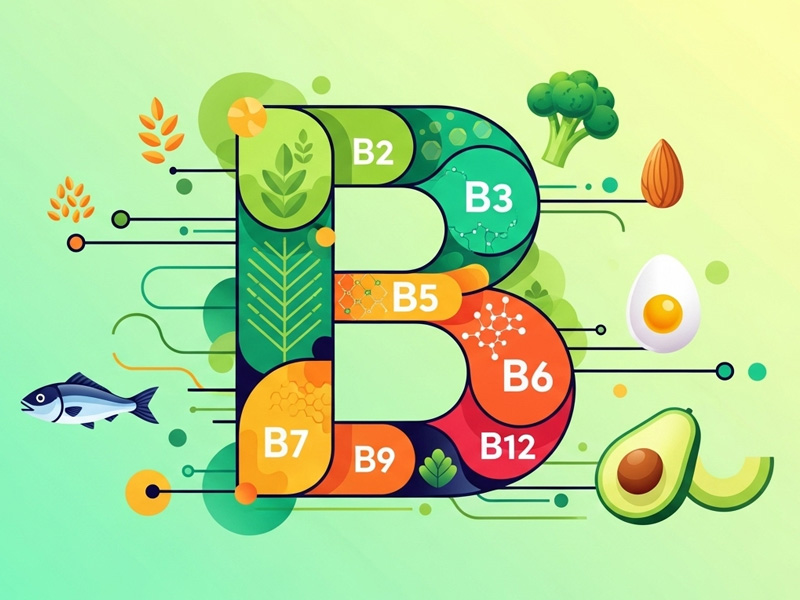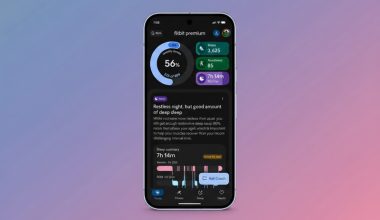Here is a comprehensive guide to the B-vitamin family, detailing their functions and the best food sources for each.
First, A Key Concept: The B-Vitamin Complex
B-vitamins are a group of eight essential, water-soluble vitamins that play crucial roles in cellular metabolism. They often work together and are found in many of the same foods.
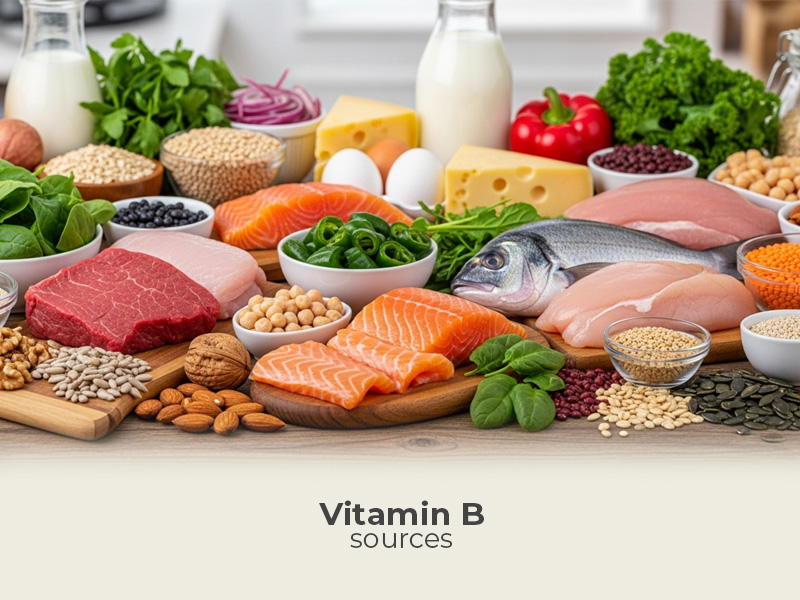
The 8 B Vitamins: Functions & Sources
Here is a breakdown of each B vitamin, what it does for your body, and where you can find it.
1. Vitamin B1 (Thiamine)
· Key Functions:
· Energy Production: Helps convert carbohydrates into energy.
· Nerve Function: Essential for the proper functioning of nerves and the nervous system.
· Muscle Function: Supports normal muscle function.
· Best Food Sources:
· Whole grains (brown rice, oatmeal)
· Sunflower seeds
· Legumes (black beans, lentils)
· Pork
· Nutritional Yeast
· Fortified cereals and bread
2. Vitamin B2 (Riboflavin)
· Key Functions:
· Energy Production: Crucial for breaking down fats, drugs, and steroids.
· Antioxidant Activity: Helps convert other vitamins (like B6 and Folate) into usable forms and supports antioxidants in the body.
· Skin and Vision Health: Important for maintaining healthy skin, eyes, and nerve function.
· Best Food Sources:
· Organ meats (liver)
· Eggs
· Milk, yogurt, and other dairy products
· Lean meats
· Mushrooms
· Almonds
· Fortified cereals
3. Vitamin B3 (Niacin)
· Key Functions:
· Cellular Metabolism: Plays a key role in converting food into energy.
· DNA Repair and Production: Essential for the health of your cells.
· Cholesterol Management: Used in high doses (under medical supervision) to lower LDL (“bad”) cholesterol and raise HDL (“good”) cholesterol.
· Best Food Sources:
· Chicken and turkey (especially breast meat)
· Tuna and salmon
· Pork
· Peanuts
· Avocado
· Whole grains
· Legumes
4. Vitamin B5 (Pantothenic Acid)
· Key Functions:
· Energy Production: Vital for making coenzyme A (CoA), which is needed to break down fats and carbohydrates for energy.
· Hormone and Neurotransmitter Synthesis: Helps the body produce essential hormones and cholesterol.
· Best Food Sources:
· Widely available in almost all foods. The name “pantothenic” comes from the Greek word for “everywhere.”
· Excellent sources include:
· Mushrooms (especially shiitake)
· Sunflower seeds
· Chicken and beef liver
· Tuna
· Avocado
· Eggs
5. Vitamin B6 (Pyridoxine)
· Key Functions:
· Amino Acid Metabolism: Helps the body process proteins and amino acids.
· Neurotransmitter Production: Essential for creating neurotransmitters like serotonin and dopamine, which regulate mood.
· Red Blood Cell Formation: Aids in the production of hemoglobin, which carries oxygen in red blood cells.
· Immune Function: Supports immune system health.
· Best Food Sources:
· Chickpeas (hummus)
· Tuna, salmon
· Poultry
· Potatoes and other starchy vegetables
· Bananas
· Fortified cereals
6. Vitamin B7 (Biotin)
· Key Functions:
· Metabolism of Fats and Carbs: Helps enzymes break down fats, carbohydrates, and proteins.
· Gene Regulation: Plays a role in regulating gene expression.
· Hair, Skin, and Nail Health: Often promoted for strengthening hair and nails, though deficiency is rare.
· Best Food Sources:
· Organ meats (liver)
· Egg yolks (cooked)
· Nuts (almonds, walnuts, peanuts)
· Seeds (sunflower)
· Sweet potatoes
· Salmon
7. Vitamin B9 (Folate or Folic Acid)
· Folate is the natural form found in foods.
· Folic Acid is the synthetic form used in supplements and fortified foods.
· Key Functions:
· DNA Synthesis and Cell Growth: Crucial for creating new cells, making it especially important during periods of rapid growth, such as pregnancy and infancy.
· Red Blood Cell Formation: Prevents a type of anemia (megaloblastic anemia).
· Fetal Development: Critical for preventing neural tube defects in developing fetuses.
· Best Food Sources:
· Dark leafy greens (spinach, kale, romaine lettuce)
· Legumes (lentils, chickpeas, black-eyed peas)
· Asparagus
· Brussels sprouts
· Avocado
· Fortified grains and cereals
8. Vitamin B12 (Cobalamin)
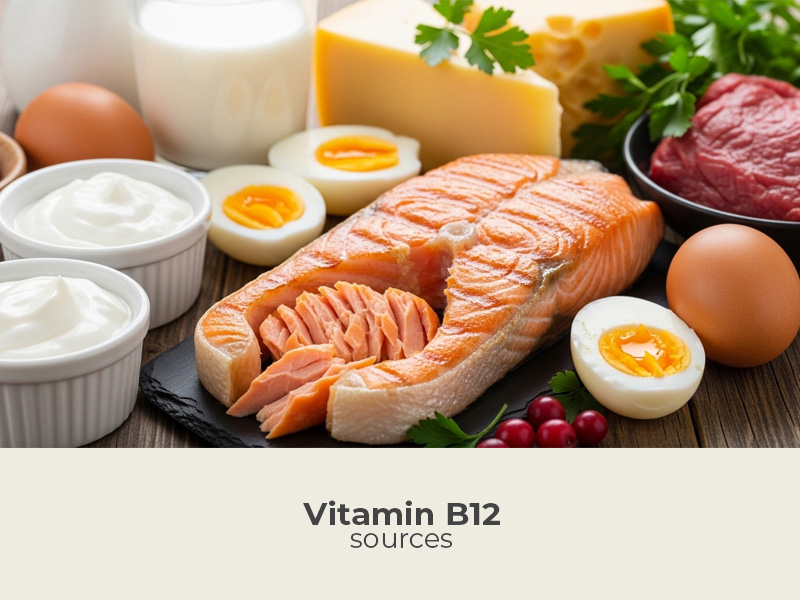
· Key Functions:
· Nerve Function: Essential for maintaining the health of nerve cells.
· Red Blood Cell Formation: Works with folate to produce healthy red blood cells.
· DNA Synthesis: Required for DNA production in all cells.
· Prevents Megaloblastic Anemia: Causes tiredness and weakness.
· Best Food Sources:
· Exclusively found in animal products:
· Shellfish (clams, mussels)
· Liver
· Fish (sardines, salmon, tuna)
· Meat (beef, chicken)
· Eggs
· Milk and dairy products
· Fortified sources for vegans: Plant-based milks, nutritional yeast, and some cereals.
Summary for Quick Reference
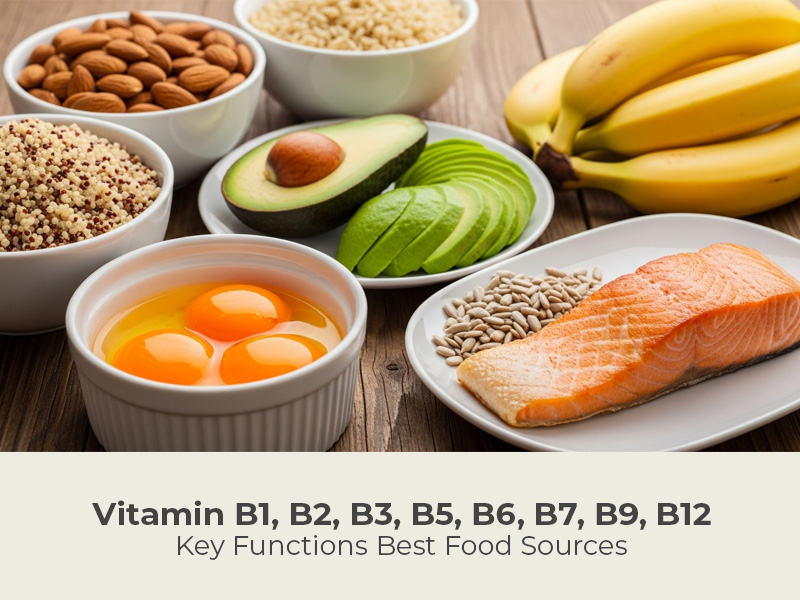
Vitamin Key Functions Best Food Sources
B1 (Thiamine) Energy production, nerve function Whole grains, pork, seeds, legumes
B2 (Riboflavin) Energy production, antioxidant, skin/eye health Dairy, eggs, organ meats, almonds, mushrooms
B3 (Niacin) Energy production, DNA repair, cholesterol Poultry, tuna, peanuts, avocado
B5 (Pantothenic Acid) Energy production, hormone synthesis Mushrooms, sunflower seeds, avocado, eggs
B6 (Pyridoxine) Protein metabolism, mood regulation, immunity Chickpeas, tuna, poultry, potatoes, bananas
B7 (Biotin) Fat/carb metabolism, hair/skin/nails Egg yolks, organ meats, nuts, seeds
B9 (Folate) DNA/cell growth, red blood cells, fetal development Leafy greens, legumes, asparagus, fortified grains
B12 (Cobalamin) Nerve function, red blood cells, DNA synthesis Animal products (meat, fish, eggs, dairy), fortified foods
Who Might Be at Risk for Deficiency?
While a balanced diet typically provides enough B vitamins, certain groups are at higher risk:
· Vegans and Vegetarians: At high risk for B12 deficiency, as it’s not found in plants.
· Older Adults: Reduced stomach acid can impair B12 absorption.
· Pregnant Women: Have increased needs for Folate (B9) and B12.
· People with Alcohol Use Disorder: Alcohol impairs the absorption and increases the excretion of many B vitamins.
· Individuals with Certain Medical Conditions: Such as Crohn’s disease, celiac disease, or those who have had weight-loss surgery.
Final Note
B-vitamins are essential for transforming the food you eat into the energy your body needs to thrive. Eating a varied, balanced diet rich in whole grains, lean proteins, legumes, nuts, seeds, and plenty of fruits and vegetables is the best way to ensure you get an adequate supply of all these vital nutrients. If you suspect a deficiency, consult a healthcare professional before starting any supplements.

Note: Always consult with a healthcare provider before starting any new supplements.

